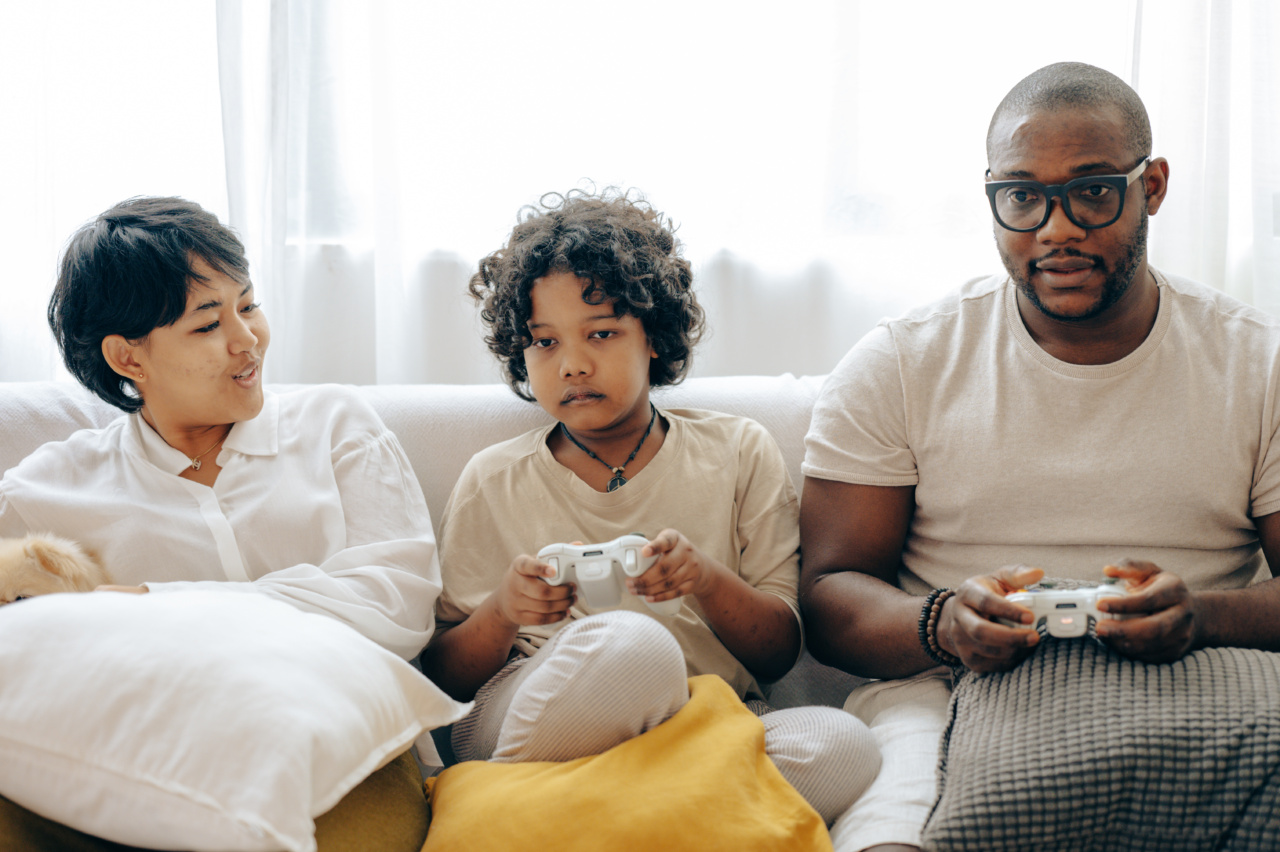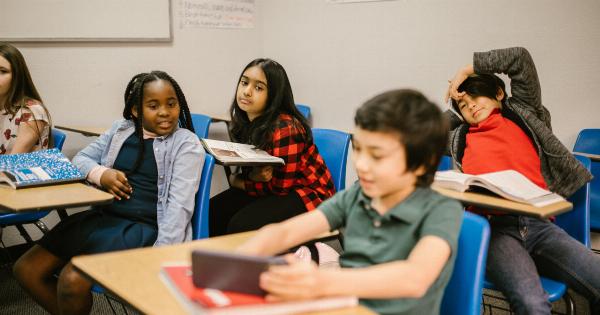Parental control refers to the rights and responsibilities that parents have in guiding and managing the behavior and actions of their children.
It is a complex issue that varies across cultures and societies, and there is no one-size-fits-all answer to when a parent can be considered in control of their child. However, there are certain key factors that can help determine when a parent can be deemed in control. This article explores these factors and delves into the various aspects of parental control.
Understanding Parental Control
Parental control is rooted in the inherent authority that parents possess over their children.
It involves setting boundaries, establishing rules and regulations, and monitoring the activities of children to ensure their safety, well-being, and development. However, the degree of control that parents exercise over their children may vary depending on several factors, such as the child’s age, maturity, and specific circumstances.
The Role of Age
One crucial factor in determining parental control is the age of the child. Infants and very young children require constant supervision and guidance in virtually all aspects of their lives.
As they grow older and gain more autonomy, parents gradually relinquish certain levels of control to encourage independence and personal growth. The age at which parents can be considered in control of their child varies, but generally, it starts to diminish during adolescence when teenagers begin to assert their individuality.
Maturity and Responsibility
Apart from age, the maturity and responsibility level of the child also influence the degree of parental control.
Some children may display higher levels of maturity and handle responsibilities with ease, making it possible for parents to extend more freedom and control to them. In contrast, children who show immaturity or lack of responsibility may require more restrictive guidance and oversight from their parents. It is crucial for parents to assess their child’s maturity and adjust their control accordingly.
Parental Responsibilities and Rights
Parental control should be exercised in the best interest of the child, focusing on their safety, emotional well-being, and growth.
Parents have the responsibility to protect their children from harm, ensure they receive a proper education, and instill positive values and morals. These responsibilities grant parents the right to exert control over their child, but it is paramount that this control is balanced, fair, and respectful, taking into account the child’s needs and individuality.
Establishing Boundaries and Rules
One important aspect of parental control is establishing clear boundaries and rules for children to follow. These boundaries create a sense of structure and discipline, which fosters a safe and stable environment for the child.
Parents should ensure that the rules and boundaries are age-appropriate and flexible enough to adapt to their child’s growth and development. Open communication and explanation of these rules can help children understand the rationale behind them, fostering a cooperative and understanding relationship between parent and child.
Trust and Communication
As children grow older, building trust and maintaining open lines of communication become crucial components of effective parental control.
Trusting relationships allow parents to loosen their control and empower their children to make responsible decisions. By establishing an environment in which children feel comfortable discussing their concerns and seeking advice, parents can effectively guide their children without exerting excessively restrictive control.
Monitoring and Supervision
While trust and open communication are important, parental control also includes the need for appropriate monitoring and supervision.
Parents need to be aware of their children’s activities, online presence, and social interactions to protect them from potential dangers. This monitoring should be done proactively and with the consent and awareness of the child, as constant surveillance can undermine trust and negatively impact the parent-child relationship.
Allowing Independence
Part of being an effective parent is recognizing when to allow children to gain independence. This means gradually giving them more control over their own decisions and actions.
Allowing independence helps children develop important life skills, autonomy, and self-confidence. However, it is crucial for parents to strike a balance between granting independence and maintaining necessary guidance and support, ensuring that children are ready for the responsibilities that come with increased freedom.
Respecting Individuality
A fundamental aspect of parental control is respecting the individuality of the child. Each child is unique, with their own personality, interests, and talents.
Parents should recognize and embrace these differences, allowing their child to explore and pursue their passions. It is important to strike a balance between guiding and shaping a child’s behavior and allowing them the freedom to develop their own identity.
Legal and Cultural Influences
Parental control can also be influenced by legal and cultural factors. Laws and regulations may vary from one jurisdiction to another, which can impact the level of control parents have over their children.
Cultural norms and values surrounding parenting styles can also shape the boundaries and expectations for parental control. It is important for parents to understand and respect the legal and cultural context in which they are raising their children.
Conclusion
Determining when a parent can be considered in control of their child is a complex issue influenced by various factors. Age, maturity, responsibilities, and individuality are among the key elements that shape parental control.
Establishing boundaries, trust, and open communication, while allowing independence and respecting individuality, are integral to effective parental control. It is essential for parents to find the right balance between exerting control to ensure their child’s safety and well-being while fostering their growth and autonomy.





























